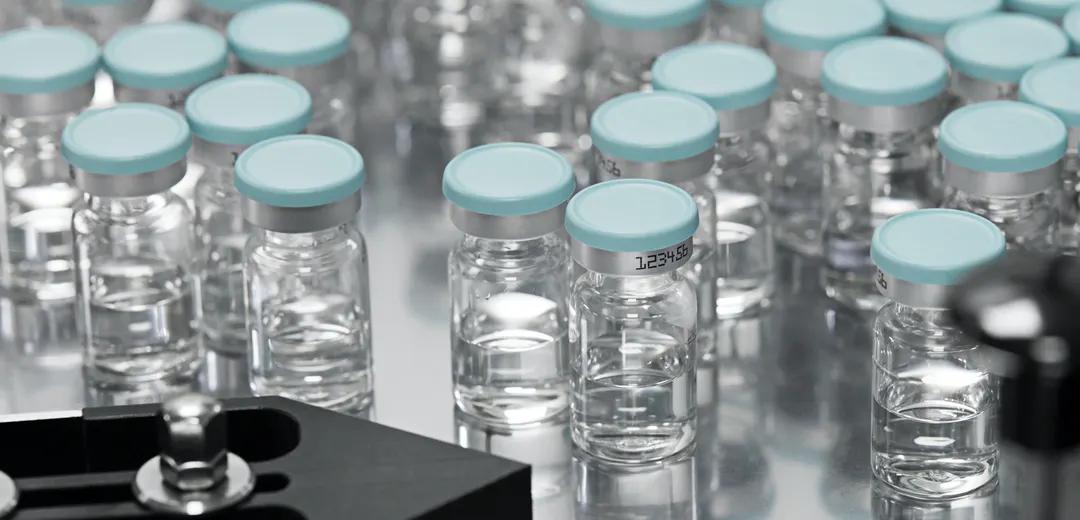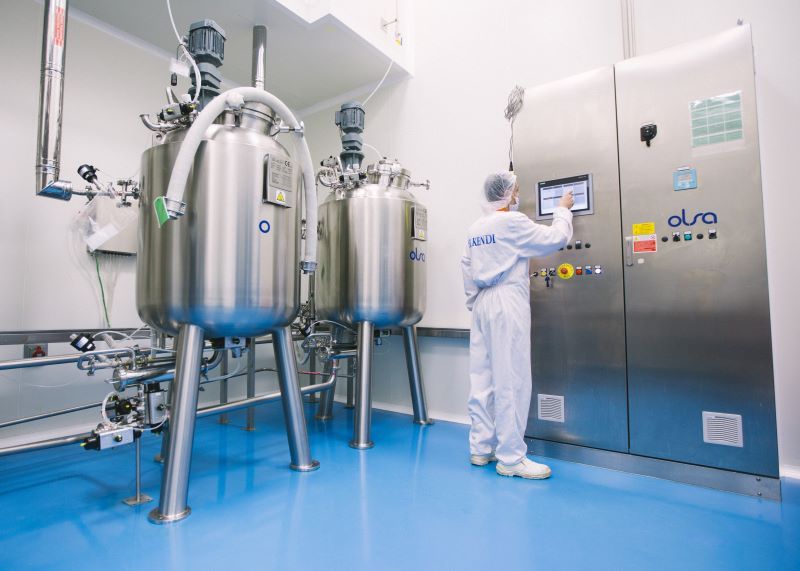- Bone Health
- Immunology
- Hematology
- Respiratory
- Dermatology
- Diabetes
- Gastroenterology
- Neurology
- Oncology
- Ophthalmology
- Rare Disease
- Rheumatology
Highly Confident, Biosimilar Companies Notch Global Commercialization Deals
With fewer of the risks associated with novel drug development, biosimilar candidates allow manufacturers to plan far into the future for marketing needs.
Although regulatory reviews for biosimilar approval may take a year or longer, companies are often more confident of their prospects for receiving approval than they would be for novel drug candidates. A series of corporate announcements in recent weeks gives credence to this perspective: In advance of regulatory approvals for ustekinumab, ranibizumab, denosumab, and trastuzumab biosimilars, companies are signing deals for commercialization of these product candidates around the globe.
In fact, Xbrane Biopharma has estimated that the relative probabilities of success for developmental generics, biosimilars, and novel drugs are 90%, 78%, and 10%, respectively.
Alvotech Expands Reach to Singapore
Hyphens Pharma, a Singapore-based pharmaceutical supplier, recently signed an agreement to commercialize Icelandic company Alvotech’s ustekinumab biosimilar candidate if and when it is approved, according to The Pharma Letter. Hyphens Pharma would have sales jurisdiction in Singapore, Malaysia, and the Philippines.
Ustekinumab (Stelara) is used for the treatment of immune-mediated disorders such as plaque psoriasis, psoriatic arthritis, and Crohn disease. Alvotech is a development-stage company that also has adalimumab and other biosimilars under development.
With no products on the market or with regulatory approval so far, the company is confident in the potential of its adalimumab and ustekinumab biosimilar candidates. Alvotech recently announced that it has lined up $450 million in investor capital and aims to take the company public at an unnamed future date.
Alvotech’s key biosimilar candidate is AVT02, a high-concentration, citrate-free version of adalimumab, which the company anticipates will have strong competitive standing based on the sales trend for a similar version of the originator company’s product (Humira). Alvotech also hopes to gain “interchangeable” status in the United States for AVT02, which would allow pharmacists more flexibility to dispense this product without first gaining approval from the prescribing physician.
Ranibizumab Biosimilar Marketing Plan
In recent weeks, MS Pharma and Bioeq, both Switzerland-based, signed an agreement to commercialize a ranibizumab (Lucentis) biosimilar candidate, for the treatment of eye disease, in the Middle East and North Africa. The biologic copy (FYB201) was developed by Bioeq and Formycon, of Germany.
Ranibizumab is used for the treatment of neovascular (wet) age-related macular degeneration, macular edema following retinal vein occlusion, diabetic macular edema, diabetic retinopathy, and myopic choroidal neovascularization.
A biologics license application for FYB201 was submitted to the FDA in August 2021 and an approval decision is anticipated in August 2022. In June 2021 and July 2021, Formycon and Bioeq submitted an application for approval for FYB201 to the European Medicines Agency and the United Kingdom’s Medicines and Healthcare products Regulatory Agency, respectively. Based on anticipated approvals, Bioeq and Formycon expect marketing to begin in both the United States and European Union in 2022.
In July 2021, Bioeq signed with Teva Pharmaceutical Industries to commercialize the ranibizumab biosimilar candidate in the European Union, Canada, Israel, and New Zealand.
Proposed Denosumab Biosimilar
Gedeon Richter and Hikma Pharmaceuticals said they have agreed on a US commercialization deal for Richter’s denosumab (Prolia, Xgeva) biosimilar candidate. Denosumab is used for the treatment of osteoporosis and bone fractures caused by the advancement of cancer.
Gedeon Richter is based in Hungary and Hikma is based in London, England.
Patients with multiple myeloma and solid tumors that have metastasized often develop bone problems, such as giant cell tumor of the bone and hypercalcemia. Denosumab helps to increase bone mass in patients. By binding to a protein called RANKL, denosumab prevents RANKL from binding to another protein, RANK, on the surfaces of bone cells, and this is believed to prevent bones from breaking down and cancer cells from growing. It is also thought to aid in bone retention of calcium.
The denosumab biosimilar candidate is currently in phase 1 and 3 clinical studies. Richter would complete the clinical studies and market the biosimilar in the United States, and Hikma would handle the US regulatory approval process.
Deal Signed for Trastuzumab Candidate
Lastly, Prestige BioPharma and Dr. Reddy’s said they have reached an agreement for the sale of a trastuzumab biosimilar candidate in select countries in Latin America and Southeast Asia. The proposed biosimilar (HD201) would reference Herceptin, which is used for the treatment of human epidermal growth factor 2 (HER2)–positive breast and metastatic gastric cancer.
Newsletter
Where clinical, regulatory, and economic perspectives converge—sign up for Center for Biosimilars® emails to get expert insights on emerging treatment paradigms, biosimilar policy, and real-world outcomes that shape patient care.


